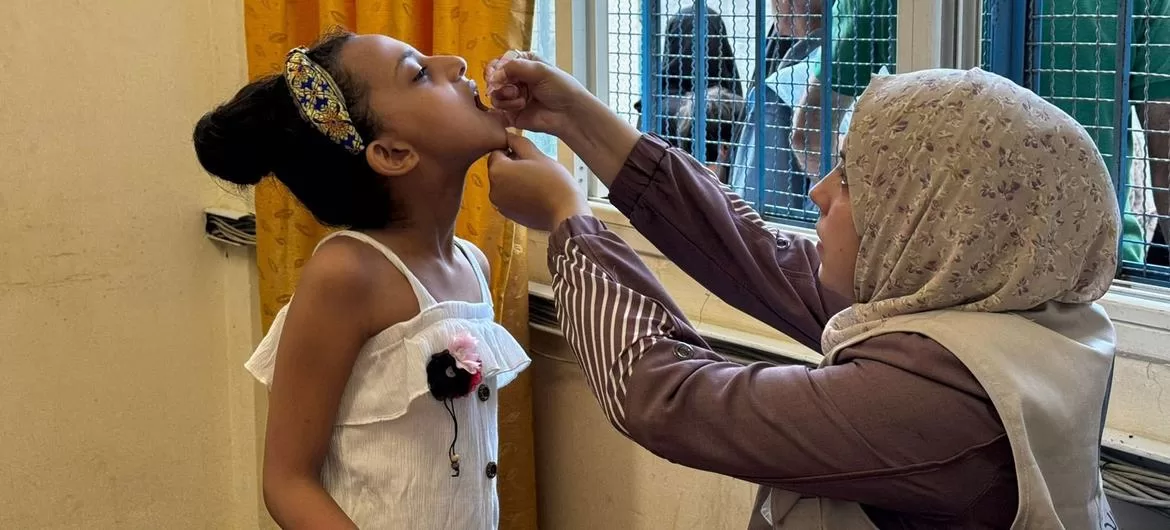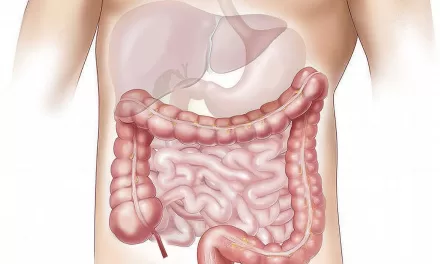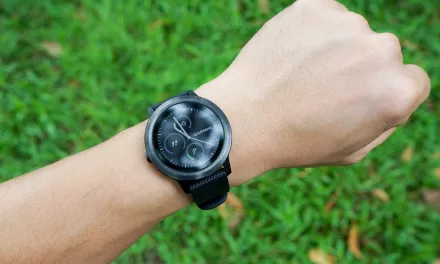In light of a worrying rise in poliovirus detections across several European countries in recent months, experts from the European Centre for Disease Prevention and Control (ECDC) and the World Health Organization (WHO) Europe have issued a stark warning about the ongoing risk of polio in the region. In an editorial published in Eurosurveillance, ECDC Director Pamela Rendi-Wagner and WHO Regional Director for Europe Hans Kluge emphasized the importance of continued vigilance and high vaccination coverage to prevent the spread of the disease.
“Polio remains a global threat, and a future without polio is not guaranteed,” the editorial reads. “Every country must remain vigilant to detect the presence of polioviruses through sensitive surveillance systems, be prepared to act quickly if any circulation is detected, and sustain high vaccination coverage until global polio eradication is achieved.”
Europe was declared polio-free in 2002 thanks to robust vaccination programs, surveillance, and outbreak responses. However, as long as polio continues to circulate globally, there remains a risk of the virus being imported into European countries. Since 2015, poliovirus has been detected in at least one European country each year, with a concerning new development in 2024. Vaccine-derived poliovirus type 2 was found in the wastewater systems of cities in Spain, Poland, Germany, the United Kingdom, and Finland. This particular strain, linked to a lineage first detected in Nigeria in 2020, has traveled across 21 countries in Africa, causing outbreaks in 15 of them.
Although there is no evidence of widespread circulation in Europe, the recent detections highlight the urgent need for action to prevent outbreaks, particularly in communities with low vaccination rates. Disparities in vaccination coverage were noted, with approximately 2.4 million children in the EU/EEA potentially missing crucial vaccinations between 2012 and 2021, and an additional 600,000 children at risk due to missed vaccinations in 2022-2023.
Rendi-Wagner and Kluge stress that maintaining high vaccination coverage in every community is essential. They highlight the need for technical guidance and resources to support national and local health authorities in their efforts, including surveillance, outbreak response, and community engagement to improve vaccination uptake.
“Europe remains fully committed to playing its part in the global effort to eradicate polio, and we have the capacity to succeed,” Kluge and Rendi-Wagner concluded.
Disclaimer: This article is based on an editorial by the European Centre for Disease Prevention and Control (ECDC) and the World Health Organization (WHO) Europe, as published in Eurosurveillance. The content and views expressed are those of the authors and do not necessarily reflect the views of the publisher or other affiliated organizations. For more information, please refer to the original publication at www.eurosurveillance.org.











